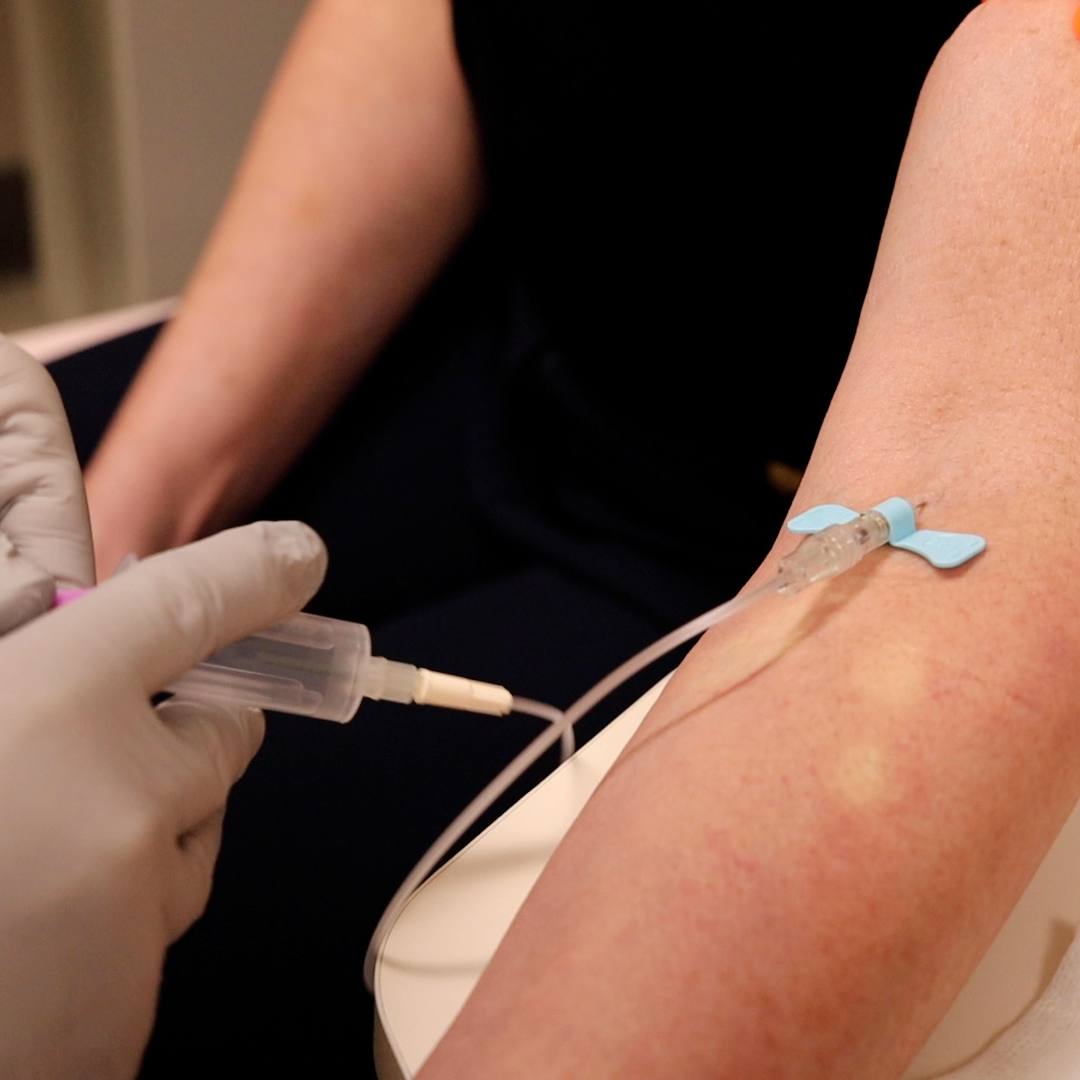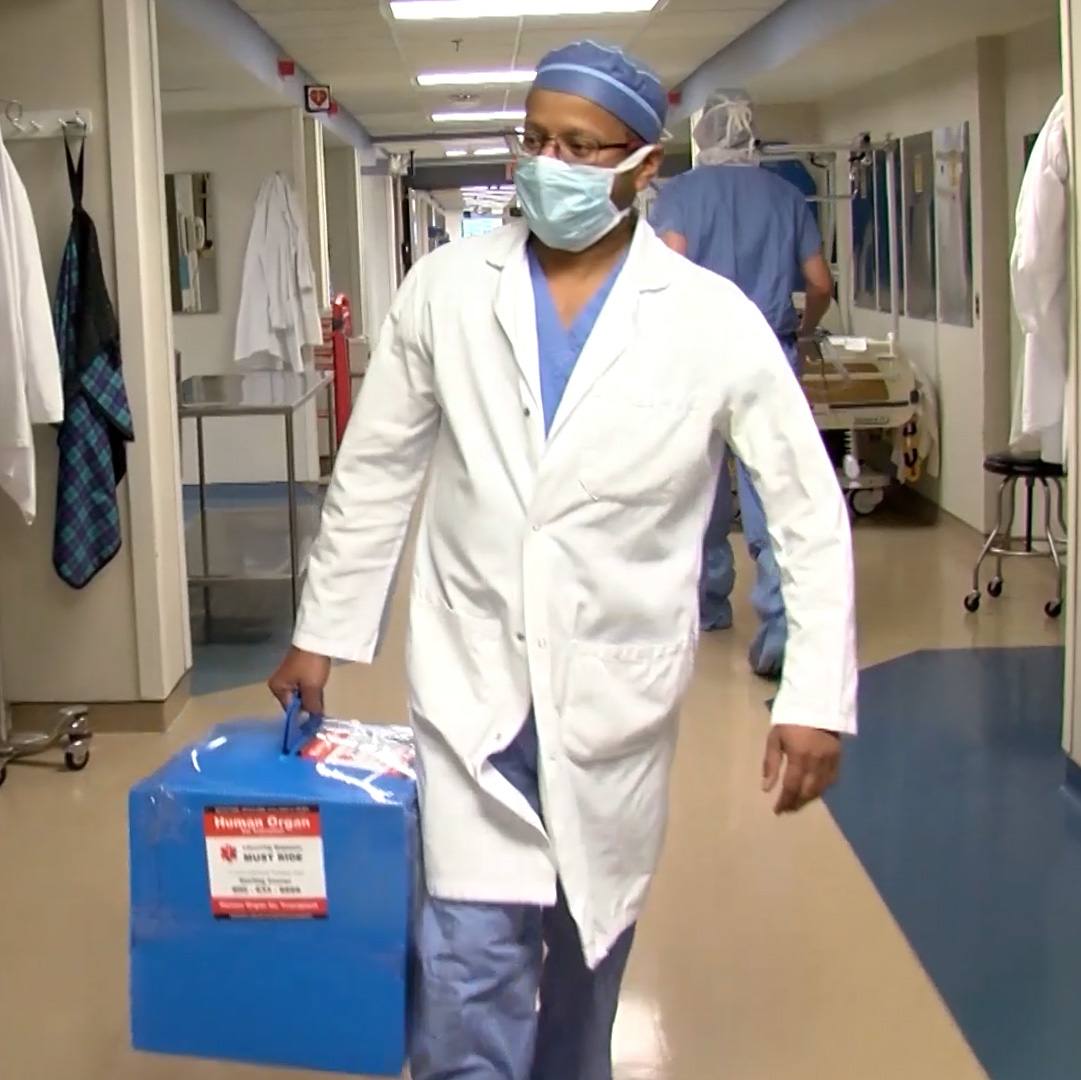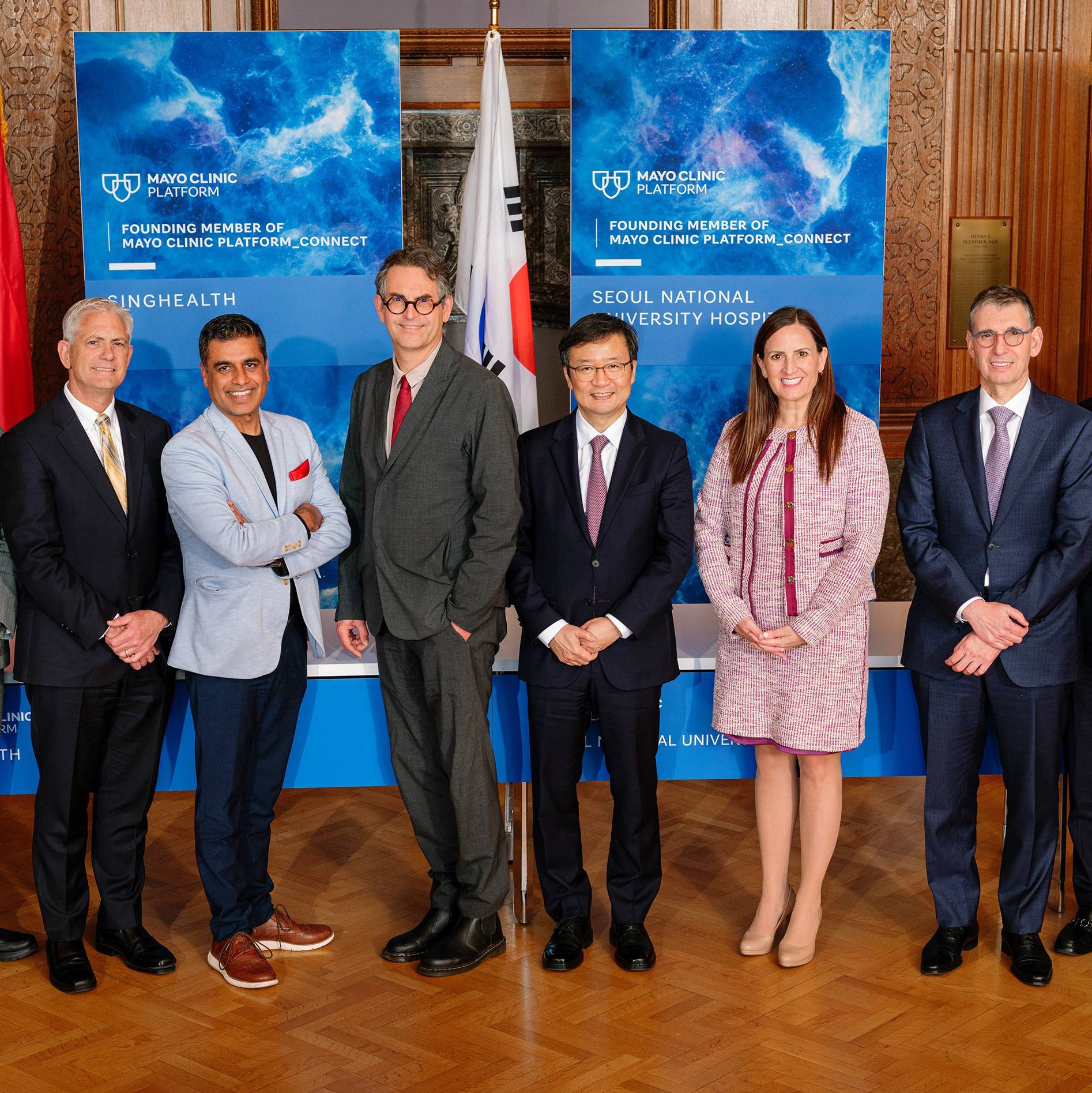-
Featured News
Something to Think About: The depths of kindness
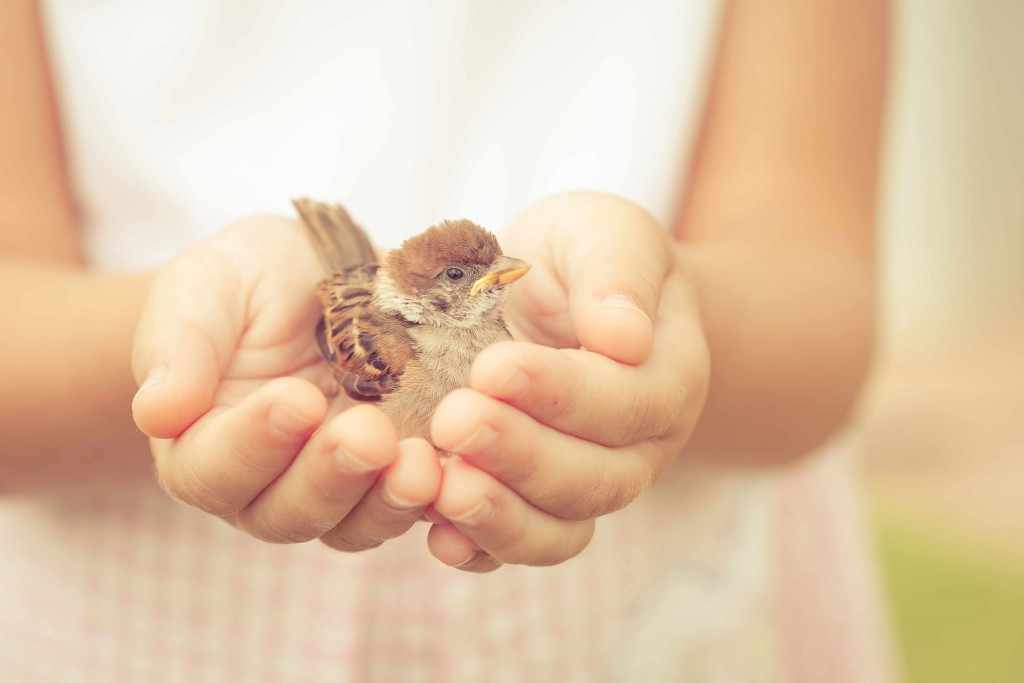
Dr. Amit Sood says, "You can access the well of kindness within yourself and others."
Dear friend,
Research shows kindness activates anti-inflammatory genes in ourselves, while anger activates proinflammatory genes. You have a choice regarding which genes to activate today. Kindness also stimulates the brain’s reward center. Kinder people are thus happier and healthier, and they live longer. Kind intentions that translate into kind actions are even more rewarding than kind intentions alone.
Kindness has both genetic and environmental bases. Scientists have found different genes associated with kindness. One of these genes is related to the oxytocin receptor (the bonding hormone). Further exploration of this gene has shown how it links with the environment to influence kind disposition—people with the kindness gene remain kind despite facing fear and difficulties; people without the kindness gene give up kindness quickly. Researchers estimate that about 30 to 60 percent of kindness is genetically determined, while the rest depends on life experiences and individual choices.
With this genetic and environmental interaction, people display different degrees of kindness. Some of us have a very negative view of life. We find it difficult to be kind to anyone.
Others plan kindness, as a way to get rewards. Their kindness is a conditional investment. They are kind to people of power, to those who can send goodies and toys their way. They are self-serving and see people as a means to an end.
Next are people who are kind to their supervisors as well as to those who depend on them. These are good people. They honor others. They are compassionate. They choose kindness, not because it will reward them, but because kindness is the right way to live. Kindness in humans generally reaches up to this depth. A deeper kindness than this isn’t easy.
The next stage involves being kind to every part of creation, including even inanimate objects. People choosing such universal kindness respect creation and everything that is contained in it. Such kindness doesn’t mean they’ll start talking to their cutlery; it means they are gentle with everything they touch.
The final depth of kindness extends even to those who you know willfully and intentionally hurt you. It takes superhuman effort to continue to be kind to someone you know wants to hurt you. Precious few reach that depth. Such commitment to kindness anchors you in who you are, not what others push you into. It is a worthy goal to pursue.
Gauge your level of kindness and see if you can rise to the next level today.
May you look and think more deeply each day so you can access the well of kindness within yourself and others.
Take care.
Amit
Read Dr. Sood's blog posts and follow @AmitSoodMD on Twitter.
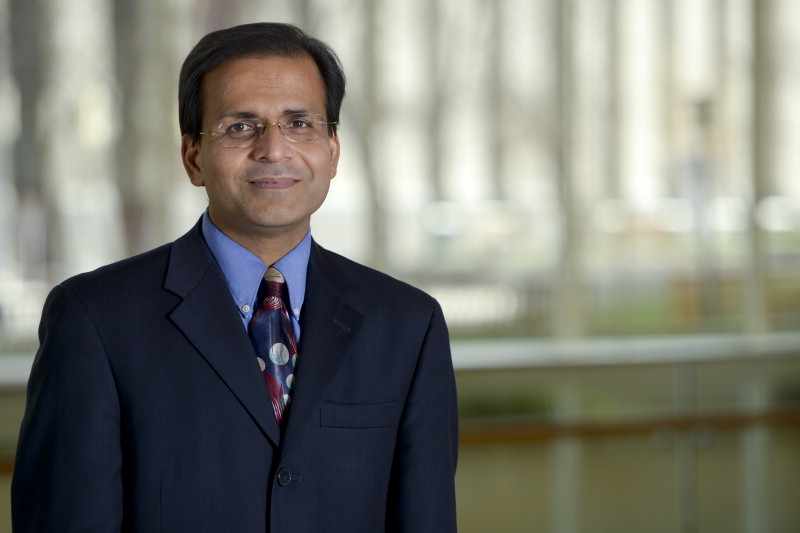
Dr. Sood is director of research in the Complementary and Integrative Medicine Program on Mayo Clinic's Rochester campus in Minnesota. He also chairs the Mind-Body Medicine Initiative at Mayo Clinic.
Related Articles
